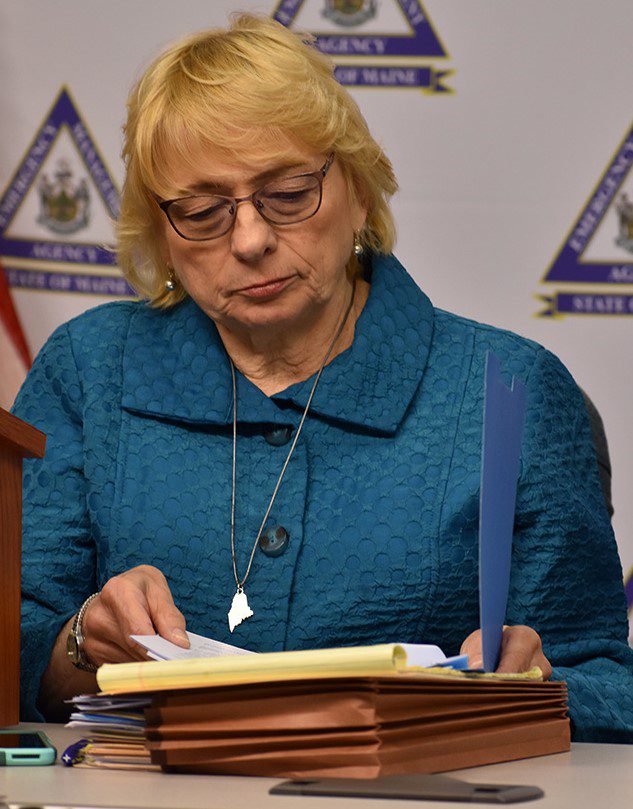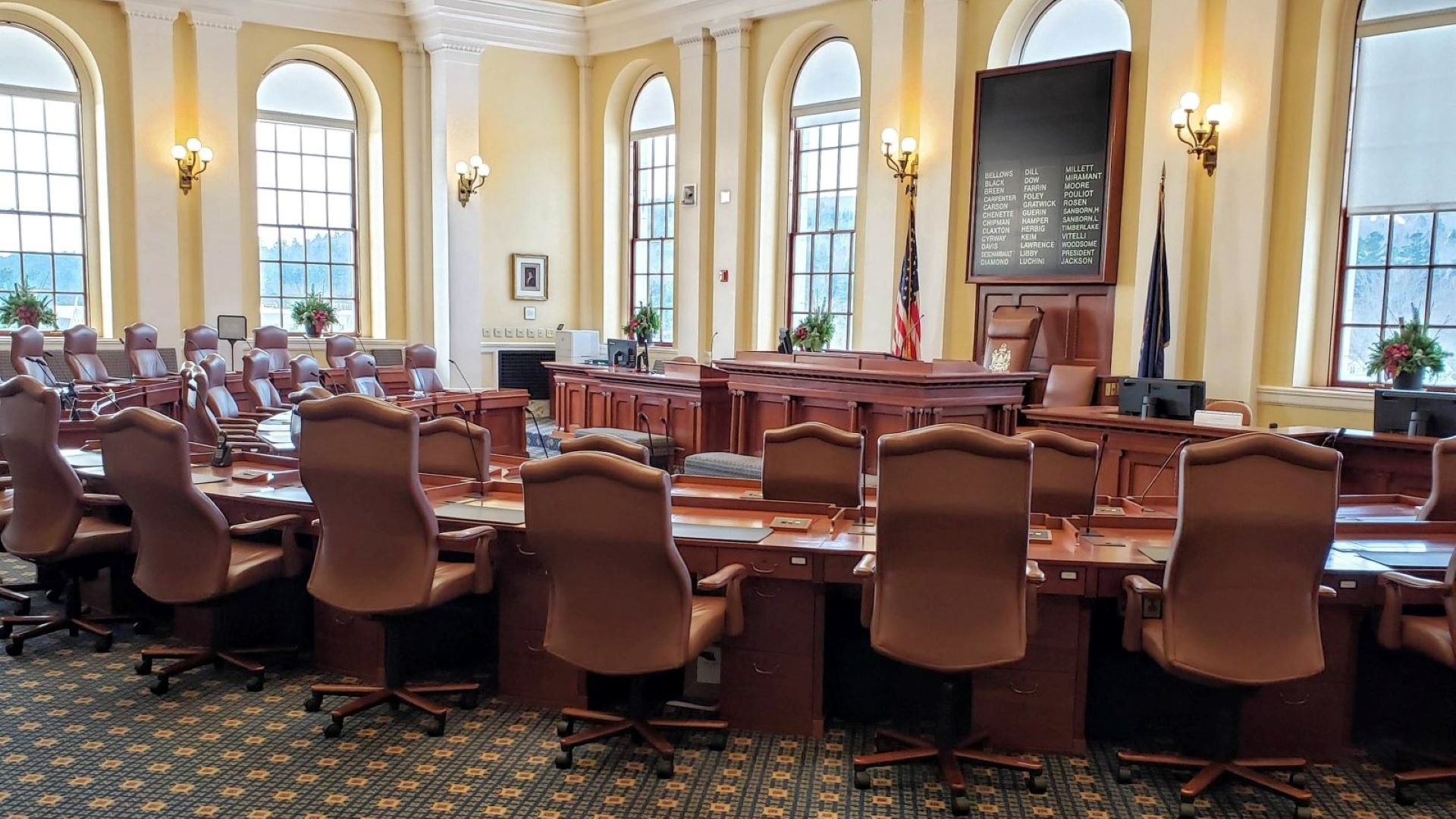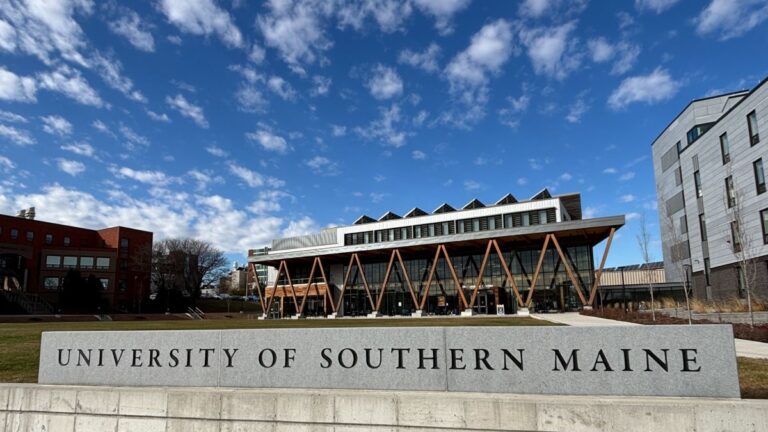While lawmakers in Augusta wrangled their bills through the Legislative Council ahead of the second session, there is another pressing issue that lawmakers will tackle in January: How to spend $800 million in surplus money.

The debate on how to spend those funds is likely to dominate the shorter, second session. Republicans are pushing to return the money to taxpayers, something Gov. Janet Mills has signaled she’s willing to discuss. Mills is yet to formally propose a supplemental budget.
“We (Republicans) will be pushing forward with our ‘Give It Back’ initiative, which essentially would put 50% of the surplus into the Rainy Day Fund, and 50% in the form of checks back to Maine taxpayers,” said Sen. Matthew Pouliot (R-Kennebec).
Lindsay Crete, a spokeswoman for Mills, said: “The Governor is concerned about how increased costs — from electricity to home heating fuel to food to gas – are squeezing Maine people, and she wants to focus on delivering financial relief to them.”

“As always, the Governor is open to ideas from both Republicans and Democrats in the Legislature, and she looks forward to working with them in a constructive manner to help hardworking Maine people,” Crete said in an email.
House Speaker Ryan Fecteau (D-Biddeford) has priorities of his own for the session. Housing and childcare are two issues of particular importance, he said.
“(Affordable housing) is not just a Portland issue anymore,” Fecteau said. “The crunch to find affordable housing is now an every part of Maine issue. I don’t think you can find a community that hasn’t experienced the shortage of housing in the state.”
Senate President Troy Jackson (D-Allagash) said the issues of 2022 will be familiar.
“I don’t know that they’re any different than any other session,” Jackson said. “I mean, we’re going to work on more health care issues, property tax relief … bring more jobs to the state of Maine, education. That’s always our focus.”
Jackson and Fecteau announced modified logistical plans for the session given the current surge in COVID-19 cases the state is facing and may continue to face throughout the winter months.
That plan includes limited in-person meetings by making committee hearings remote, keeping in place a mask mandate and scheduling minimal in-person floor sessions.
Here’s a recent look from The Maine Monitor at how the powerful Legislative Council sets the table for “second session” years: Make your case, await the verdict as Legislative Council sets agenda for session.








